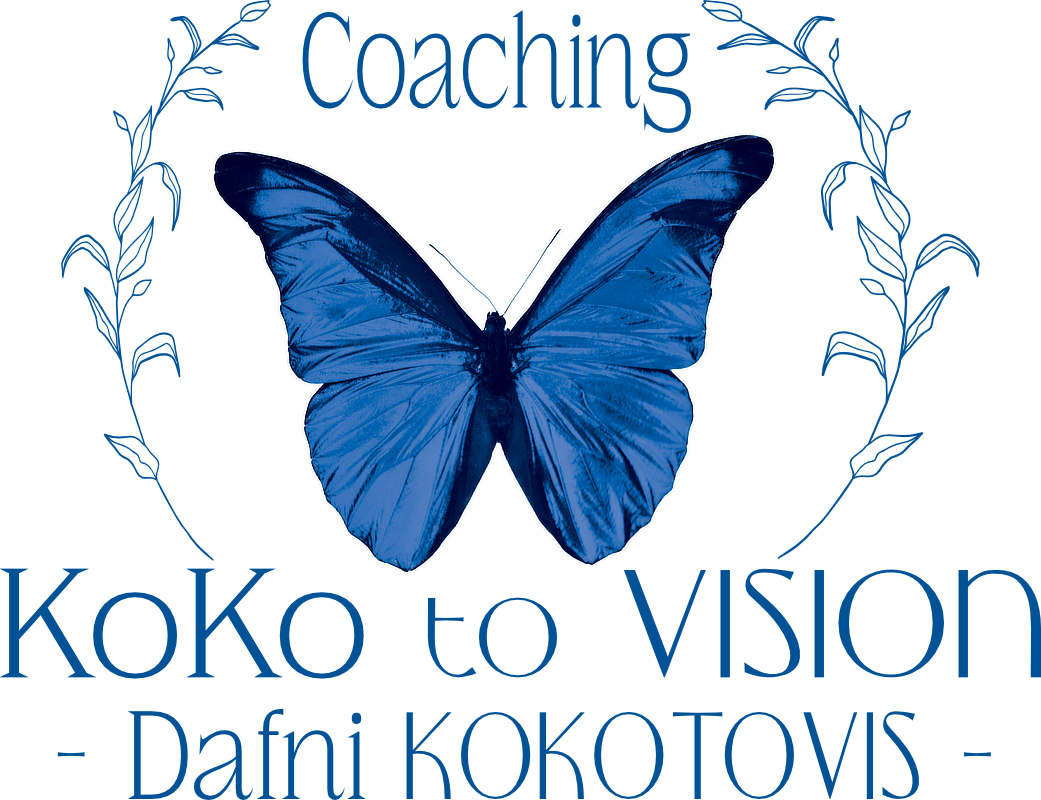How Stress Shapes the Brain and How to Find Resilience Again
Stress is part of life, but it doesn’t have to define us
Stress is part of everyday life. Our bodies are built to respond, to protect, and to prepare us for challenges. But when stress becomes constant, that same system can leave us drained.
Many people describe it as being stuck in survival mode by feeling restless, anxious, or cut off from the things that usually are going naturally.
What’s important to remember is that while stress itself is not something we can fully avoid, we can influence how our brain responds to it. The brain has what scientists call neuroplasticity, the ability to adapt, to rewire, and to create new patterns.
Even if stress has left its mark over the years, it is still possible to rebuild flexibility and resilience.
1. Quiet moments of mindfulness
Just 10–15 minutes of pausing to notice your breath or your thoughts can make a difference. Over time, mindfulness softens the rigid patterns stress creates and strengthens the parts of the brain linked to balance and learning.
2. Learning something new
Our brains thrive on novelty. Repeating the same routines keeps us in the same loops including stress loops. Trying a new activity, whether it’s a skill, a hobby, or even a puzzle, encourages fresh connections. It doesn’t have to be big or perfect, only different.
3. Moving with awareness
Movement nourishes the brain with blood and oxygen. Gentle, rhythmic activities like yoga, walking, or tai chi also calm the nervous system. Even a short walk can shift your state when you pay attention to your surroundings instead of rushing through.
4. Social connection that feels right for you
Time with others can lighten the load. For some, that’s a lively meal with friends. For others, it’s one meaningful conversation.
Notice what kinds of connections leave you feeling lighter and make space for them, whether that’s joining a group, volunteering, or simply calling someone you’ve missed.
The Larger Perspective
Chronic stress does not have to decide how you feel or how your brain works. The way forward isn’t about removing stress completely but about building new patterns that bring balance back.
Every time you pause, try something new, move your body, or connect with others, you’re giving your brain a chance to step out of survival mode.
This is also what coaching is about: creating awareness, exploring what’s possible, and taking steps that feel realistic and meaningful for you.
You can now try my introduction coaching session and feel what coaching can do for you.
Here you can find more information
Written by Dafni Kokotovis, founder of KoKo To Vision
Certified Integrative Nutrition Health Coach, Breathing Therapist, and Remedial Yoga Instructor.
Her work focuses on Gut Health, Hormone Balance, Stress Management, and Inflammation.




